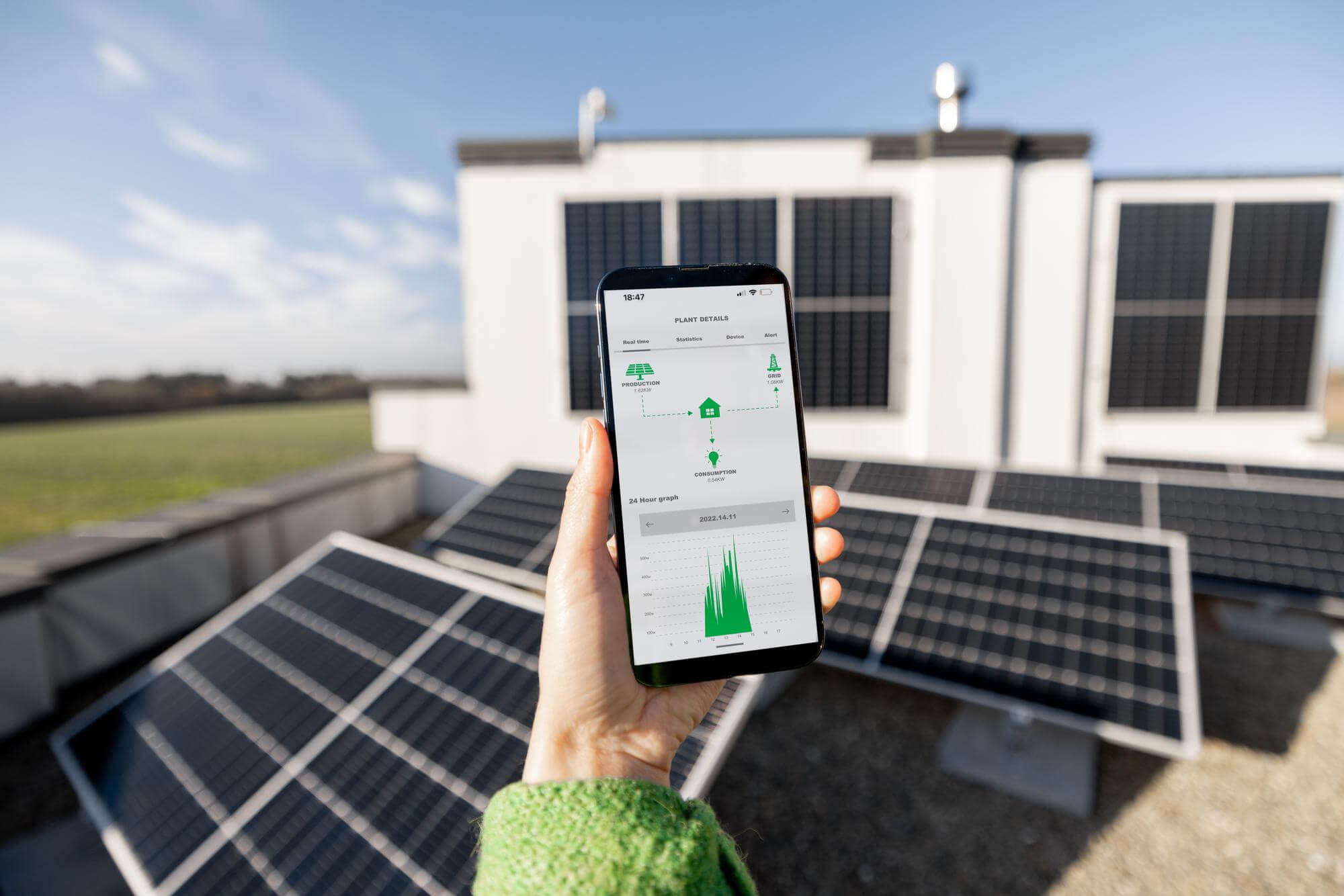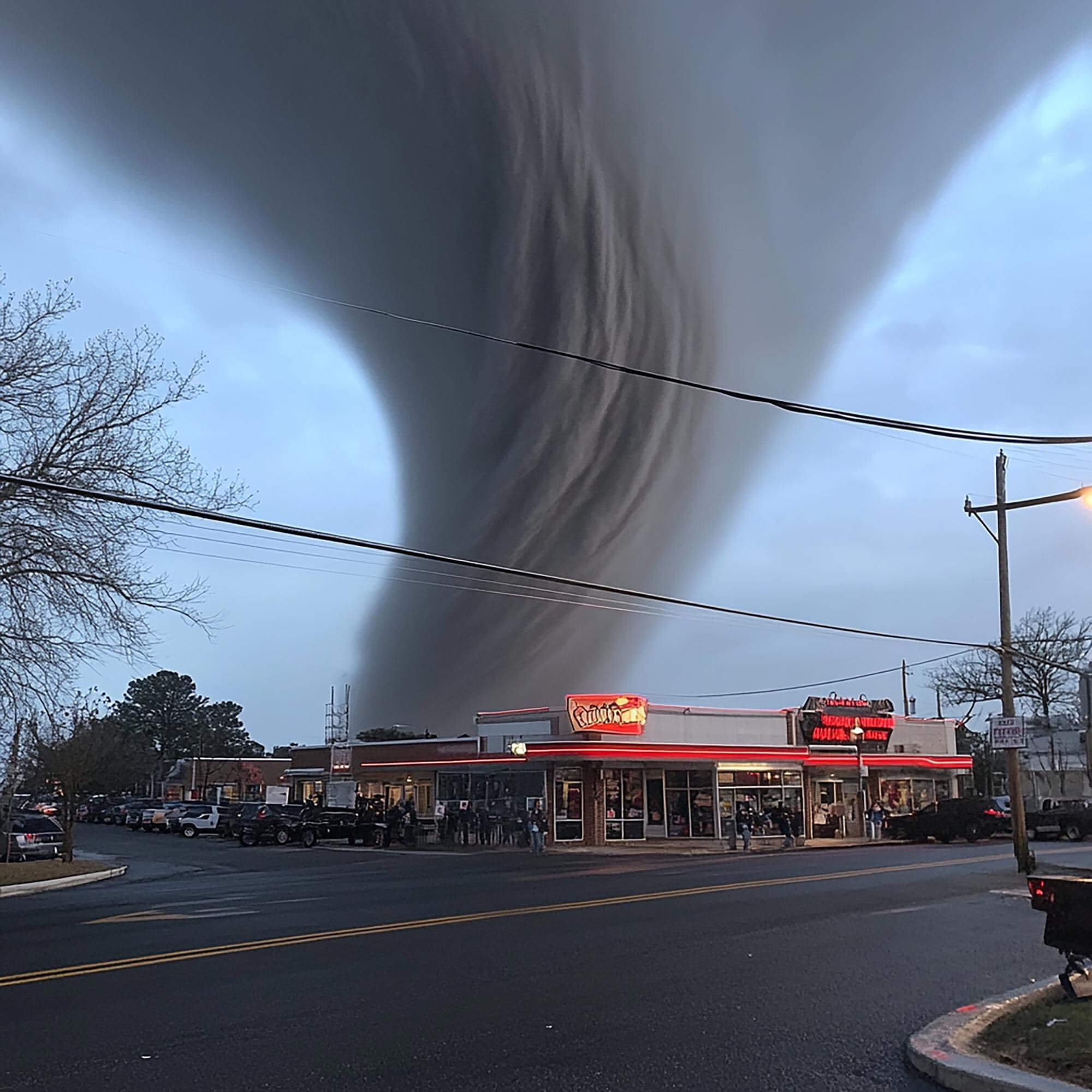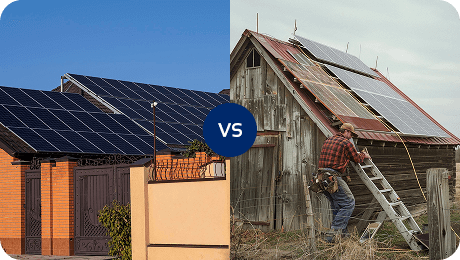How to Read Your Solar Monitoring App
Take control of your energy and understand what your system is really doing

Solar isn’t set-and-forget — it’s smarter than that
Getting solar installed is just the beginning. Once your system is live, your solar monitoring app becomes your command center. It shows you exactly how much energy you’re producing, how much you’re using, and how much you’re saving — in real time.
Whether you’re using Enphase, Span, Sense, Tesla, SolarEdge, or another platform, the basics are similar. Here’s how to actually read your app like a pro.
The three main numbers you’ll see
Most apps are divided into three key sections.
- Solar Production
This is how much money your panels are creating — usually displayed as kWh (kilowatt-hours).- The higher this number, the better your panels are performing.
- It will fluctuate throughout the day based on sunlight, weather, and shading.
- Energy consumption (your usage)
This shows how much power your home is using — whether it’s coming from solar or the grid.- Expect spikes when AC kicks on, laundry runs, or electric vehicles charge.
- This is where you start spotting energy habits that might be costing you.
- Grid usage or net energy
This is the power you’re pulling from or sending to FPL.- If you’re producing more than you use, the extra goes back to the grid (and earns you credit).
- If you’re using more than you produce (like at night), it shows what’s being drawn.
What to look for daily, weekly & monthly
Daily
- Quick snapshot of production peaks and usage spikes
- Helps you see how weather affects performance
Weekly
- Spot patterns — are weekends heavier due to laundry, cooking, or guests?
- Monitor if your system is consistently offsetting your usage
Monthly
- Compare solar production to your utility bill
- See how much power you bought vs. produced
- Measure real savings and ROI
Pro tips from the field
- Use push notifications to get alerts for outages or dips in production
- Set a usage goal to reduce your grid dependence on over time
- Check seasonality: Expect more production in spring/summer, less in winter
- Share results: If you’re saving hundreds, your neighbors probably can too
Real customer snapshot
“Once I learned to check the app, I realized my pool pump was running way too long. That one change saved me $40/month.”
— Daryl, Palm Coast
Want a walkthrough?
If you’re a Nova Structa customer and want help reading your app — or think your system isn’t performing right — we’re happy to do a quick review. Just call us or drop by the showroom.











